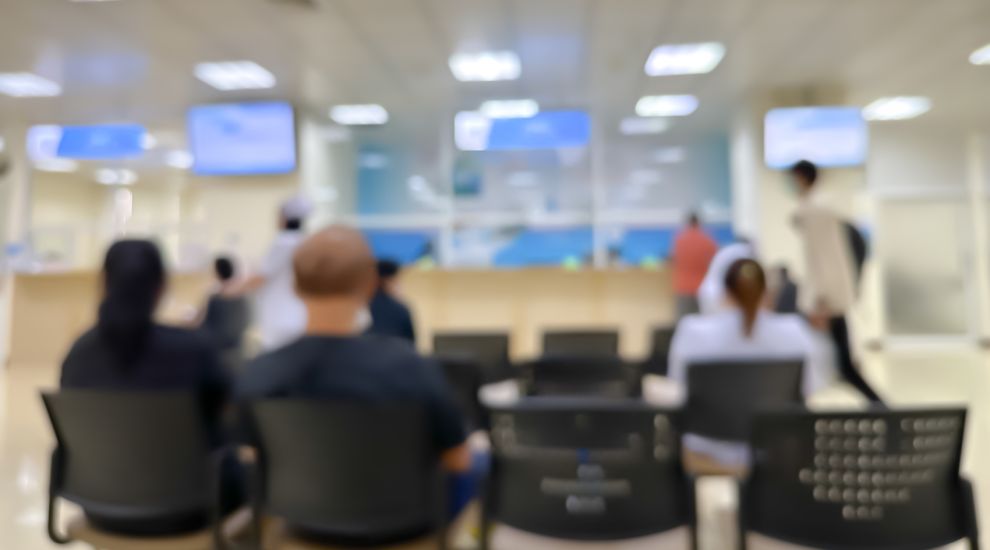


A specialist doctor in neurodiversity has highlighted how a holistic "hub" in the island would allow professionals to more easily identify the "overlap" between neurodiversity and a host of other medical conditions.
Dr Heidi Philips, a Welsh GP who founded the British Association for Neurodiversity, visited Jersey to deliver a presentation about catering for ADHD in primary care at the 'ADHD in the Channel Islands' conference last week.
The event featured almost 20 speakers, and aimed to provide insights into ADHD from medical, educational, and personal perspectives.
Pictured: The 'ADHD in the Channel Islands' conference featured a number of different speakers.
Dr Philips spoke about the benefits of a holistic approach to neurodiversity, proposing a GP-centred hub that would bring together various specialists to provide comprehensive and multidisciplinary care.
She said this would help doctors to pick up comorbidities due to the frequent co-occurrence of ADHD with other conditions – such as autism, tic disorder, hypermobility, Ehlers–Danlos syndrome, gut issues, IBS, eating disorders, fibromyalgia, and chronic fatigue.
“If we start seeing our patients through the lens of neurodiversity, we will start picking up other things," said Dr Philips.
“When I see a patient with dyslexia or when I see a patient with tics, I think: ‘Oh yeah, what else do you have?’
"It's something that we need to be aware of. There is overlap, and the overlap is real."

Pictured: Dr Philips highlighted the frequent co-occurrence of ADHD with other conditions.
Sam*, a young islander who did not receive an ADHD and autism diagnosis until they were at university, said that a hub like this would have been "hugely beneficial".
They explained: "I have loads of other medical conditions that are common in neurodiverse people, so having a hub like this in place when I was younger would probably have helped me get autism and ADHD assessments much sooner."
Sam didn't realise they were neurodivergent until they were in their twenties, and already mid-way through their university degree.
They said: "I think being diagnosed at a younger age would have been much more helpful because I could have had adaptations put in place during my time at school and university that would have made my studies so much easier."
Sam explained that being neurodivergent made the transition to living independently at university hard.
"I was really hard on myself because I didn't know what was wrong with me," they said.
"I just kept wondering why everyone else was coping fine but I couldn't.
"If I had been diagnosed sooner then maybe I would have had an explanation as to why I felt like that – and I would have been kinder to myself."

Pictured: "Perhaps, if I had been diagnosed sooner, then it wouldn't have taken me so long to get the right sort of help."
Sam also said that they had been previously misdiagnosed or given the wrong sort of advice from medical professionals.
"I had to work out a lot of stuff myself," they said.
"Sometimes, doctors or therapists would give me the wrong sort of advice because they weren't aware that I was neurodivergent at that point.
"Perhaps, if I had been diagnosed sooner, then it wouldn't have taken me so long to get the right sort of help."
They added: "I think a holistic hub would make so much sense for people like me."
*names have been changed to protect anonymity.
Comments
Comments on this story express the views of the commentator only, not Bailiwick Publishing. We are unable to guarantee the accuracy of any of those comments.